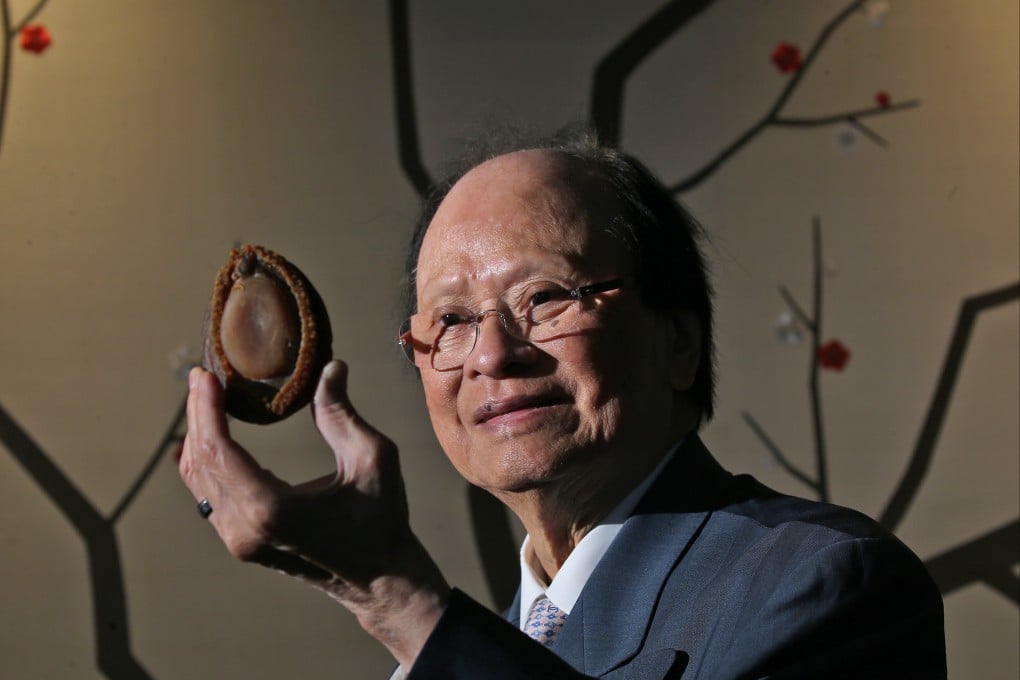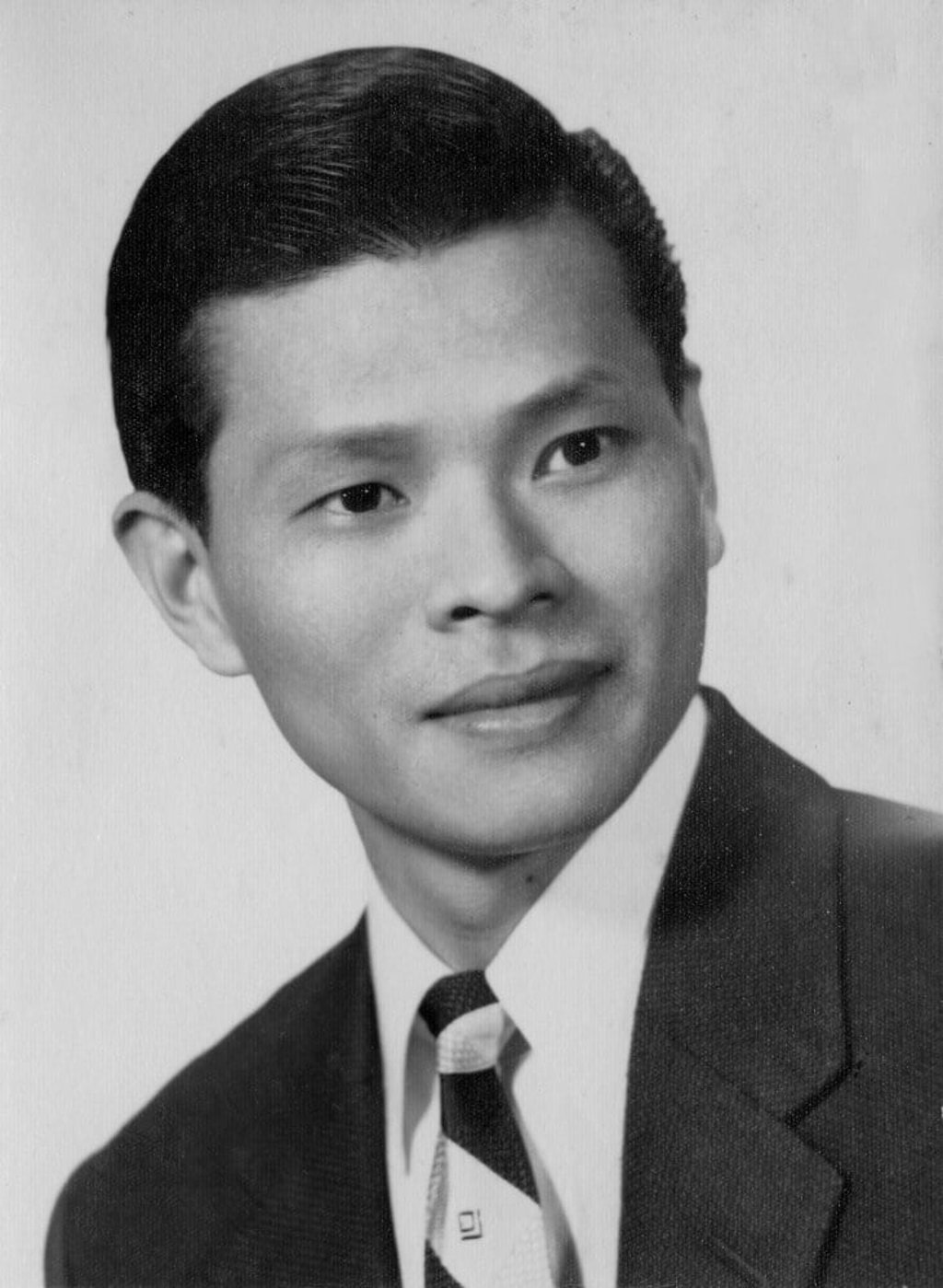Advertisement
Born poor, Hong Kong’s ‘Abalone King’ worked his way up to found a three-Michelin-star restaurant by perfecting the cooking of the dried delicacy
- Yeung Koon-yat’s two sisters died of starvation in a wartime orphanage. A restaurant cleaner at 16, he worked his way up to opening the Forum restaurant in 1974
- Known as the Abalone King for his expertise with the dried molluscs, he extols their pleasures and offers suggestions for how to cook them in a 1998 book
Reading Time:2 minutes
Why you can trust SCMP

“Abalone King” Yeung Koon-yat’s life has changed dramatically from the extreme poverty he was born into in 1932 in Shiqi, a subdistrict of Zhongshan, Guangdong province.
When Yeung was seven, his parents sent him and his two younger sisters to live with his grandmother. When she became too old to care for them, the three children were sent to an orphanage where, during the Sino-Japanese war (1937-1945), the two girls died of starvation.
In 1948, at the age of 16, Yeung travelled to Hong Kong, got a job as a cleaner at a restaurant, and worked his way up the ladder, eventually becoming marketing manager at another establishment.
Advertisement
In 1974, Yeung and a few friends opened Forum Restaurant, with capital of HK$600,000.

After some business setbacks, Yeung decided to concentrate on perfecting dried abalone, an expensive ingredient that takes two days to prepare. Yeung, known affectionately as Ah Yat, became so renowned for it that he was dubbed the Abalone King. Today, Forum Restaurant has three Michelin stars.
Advertisement
Advertisement
Select Voice
Choose your listening speed
Get through articles 2x faster
1.25x
250 WPM
Slow
Average
Fast
1.25x